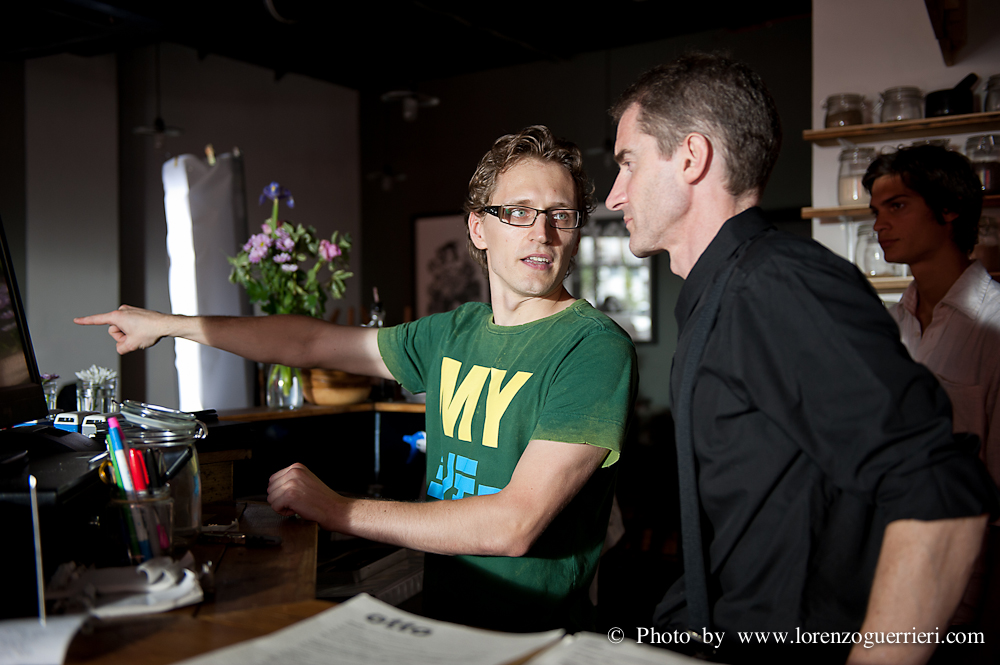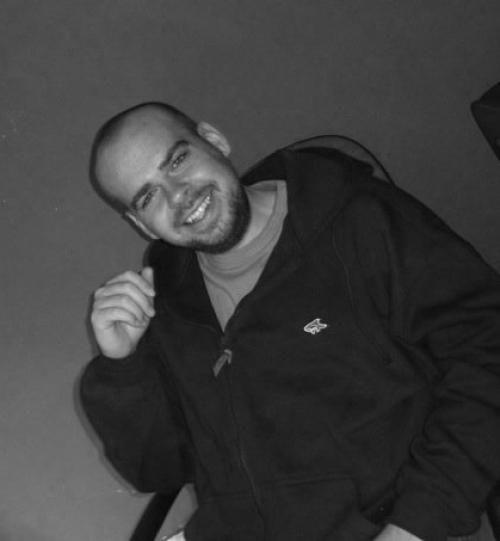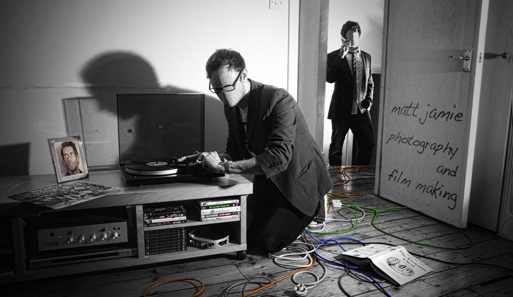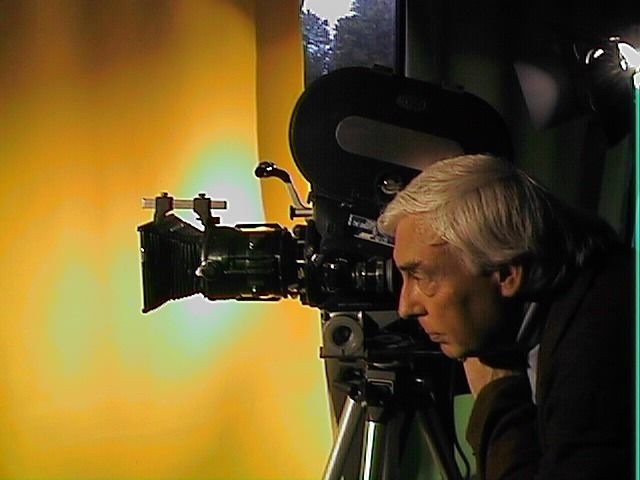ASK & DISCUSS
INDEXHow long is short?
11 years, 1 month ago - Paddy Robinson-Griffin
Short films are a category apart from features or TV - a lot of people see them as a calling card for those industries though. There is, however, an inherent problem with the short film format - a movie can develop character over a much longer time than a short gets to, and still carry multiple story threads.
Shorts tend to have a single story and significantly less character development. That's fine, nobody expects a lot more, but the running times are frequently long compared with the density of the stories they're portraying. I just watched a couple of shorts on this site, and both weighed in over 10' apiece, well on their way to 15'. In a movie or especially TV, this length of time would have set up multiple stories. All this time for a single story without any 'B'-stories to propel the main narrative feels a bit...slow.
How long should a short be? I'd suggest that as opposed to stringing it out over 10+ minutes, let the narrative set the story parameters.
How efficiently can you tell the story you're trying to tell? Can you find a way to tell it with TV-style pacing? That is going to impress TV people more than sheer length as it shows an understanding of the medium and the current fashions within it. If we were in Soviet-era Hungary, then ponderous/glacial pacing was all the thing. Bela Tarr still impresses intellectuals and bores mainstream audiences. It's not how TV or popular movies work.
I would personally suggest most 'shorts' are way too long. Rightly or wrongly, attention spans are a function of narrative density, and great camera work can only stretch that so far. Why make the film in the first place if not to entertain or show off the skills of the cast and crew to prospective employers? What better way to do either than getting the tempo in time with current tastes? Get in, tell the story efficiently with a little flair, and out again! Challenge yourself to a 3' running time, maybe? It means you can focus the shooting time on quality, best performances, best camera and sound work, enough time to do some decent ADR/Foley, a chance to really sweat the grade and even add subtle VFX. You can get great at tight editing. And you can save money, entertain audiences, and make a film in a weekend, every weekend if you like!
This is going to be a controversial topic I'm sure - and I do as ever welcome discussion and being corrected! What are the thoughts of people here? Shorts makers, features makers, and everyone in between?!
Only members can post or respond to topics. LOGIN
Not a member of SP? JOIN or FIND OUT MORE
11 years, 1 month ago - Dan Selakovich
As my directing teacher, Alexander Mackendrick, often said: "students films are either too long, much too long, or very much too long."
Yeah. So true. I think much of it comes from directors editing their own stuff. No way to know what's right or what truly works when you have no objectivity.
One small note, Philip: features are officially 68 minutes long. Though good luck selling something that short, except to Japan. Minimum in the real world is 78 minutes. For solid aftermarket sales, 90 min. is the minimum to strive for. (though 95 minutes would be better. That five minutes can mean an extra $10,000 per territory on a TV sale.)
11 years, 1 month ago - Paddy Robinson-Griffin
Titles - absolutely! TV credit rolls take no more than 30s, so there's no excuse for a 7' story short to then have 5' credits (and yes, I've actually seen that!)
11 years ago - Lauris Beinerts
I think there are two types of short films: the "short-film" (10- minutes) and the "short feature film" (15+ minutes). While every film will have a three-act structure, not every story does, and in my mind the short-film will have a 1 act story (still told in a 3-act structure) - more a snapshot/an interesting situation/an idea, which has its own language different from a feature film. But once you get into real 3-act stories with character development, you're basically taking all the language elements of a feature film and just making it shorter.
I personally prefer the first option, as if you really want to tell a 3-act story, which requires proper commitment from the audience, why not make a feature film? But then again - every story is different.
p.s. the question is - what is it if it is between 10 and 15 minutes? :)
11 years, 1 month ago - PHIL WEST
Most shorts are far too long. One film festival I attended in London showed a bunch of shorts in bundles of 6. Each with a run time of around 10-15 minutes. The common mistake with most of those shorts, in my opinion, were the long drawn out opening credits with names no one knows and cares about.
In that bundle of 6 shorts, in total we must've sat through a good 10-15 minutes of just opening credits.
My tip - save those credits till the end and just jump straight into the story.
Thanks to sites like youtube, we're now used to knowing if we'll like something or not within milliseconds - and I'm not necessarily sure that's such a bad thing.
I would also say the same applies to indie features. A minimum run time of 60 minutes classes your film as a feature.
My 2nd tip - Why waste money padding out your film by an extra 30 - 60 minutes (on average)? Cut the fat and save money! It's a win/win surely.
11 years, 1 month ago - Matt Jamie
I'd agree with most of the above. I think all of my 'shorts' have been too long, perhaps with the exception of a 90 second film I made (but even that I have a 60 second cut which is probably better!). I don't think there's anything inherently wrong with ten, or even fifteen minutes as a running time - and there have been a fair few films I've seen which could have been longer as they held the attention. It's a question of, as you suggest, filling the time properly. Not being too arty (unless you're shooting an art installation). Moving things along. Having a great script to start with. And I think it's crucial to make as many cuts as you can in the script before shooting. It's easy enough to edit scenes and lines out in post, but SO much easier if you've already trimmed the fat before hand. The flow of scenes, eye contact, energy etc are really tricky to fix when chopping chunks out of the middle of a scene in the edit. Having the ability to notice when shooting that a line isn't needed, or can be told with a look is an essential part of the process - and that is helped by using decent actors who will also pick up on these things.
11 years, 1 month ago - Franz von Habsburg FBKS MSc
A legal definition of a feature was set at 90mins by the DTI as under this did not require a statutory Form C audit to qualify for Eady, and probably only professional production accountants will understand what the hell I'm talking about. This many at 89 mins avoided DTI audit. As for shorts, best short (5 mins) if you want to enter competitions. Organisers can get more in an hour's tape for judges so it has to be exceptional if more than 10 mins to get shortlisted. Also, first 30 secs must grab attention else chooser will say "next please!"
11 years, 1 month ago - Charlie Blackfield
I vividly remember the development of my reactions when watching a particular 90-second short. At first I was amazed about the stunning cinematography and still full of suspense as to what the film was all about. After about 30 seconds, the novelty factor of the camera work had already worn out, and after less than 60 seonds, I saw the punchline coming. The final 30 seconds of the movie were just dead boring! Even at this microshort length you can still make a movie too long if you have too thin a storyline.
11 years, 1 month ago - Marlom Tander
Most shorts I see are made by people who haven't realized that writing a good short is MUCH HARDER than writing a feature.
A short is a poem. Every word, gesture, shot has to matter, and be perfect.
Most shorts are far too long.
So most shorts start off on the back foot with a script that doesn't cut it. It's made worse by loose editing. And even worse by bad acting because they're the only people who volunteered and either aren't good enough as actors, or are good actors but just wrongly cast.
My take - if you have limited resources, esp re who you can cast, start by writing for that cast. That way you can at least know that the casting/acting will work. The script, well that's just a matter of being brutal with yourself. As is the editing.
Editing tip - cut ALL "the art". Any shots that simply say "look at me, I can make a wonderful image" should be binned. That's doesn't mean you can't have a long lingering dawn landscape, just that if you do, it MUST deliver story value. So "establishing that we're on a remote coast" justifies ONE such shot. If your edit has two of them, the second is almost certainly BORING PEOPLE :-)
Plot Tip - there are three types of shorts :-
a) Ones where the audience gets a surprise ending, that makes sense in retrospect.
b) Ones where the audience can see where it's going, but enjoys the ride.
c) Failures.







